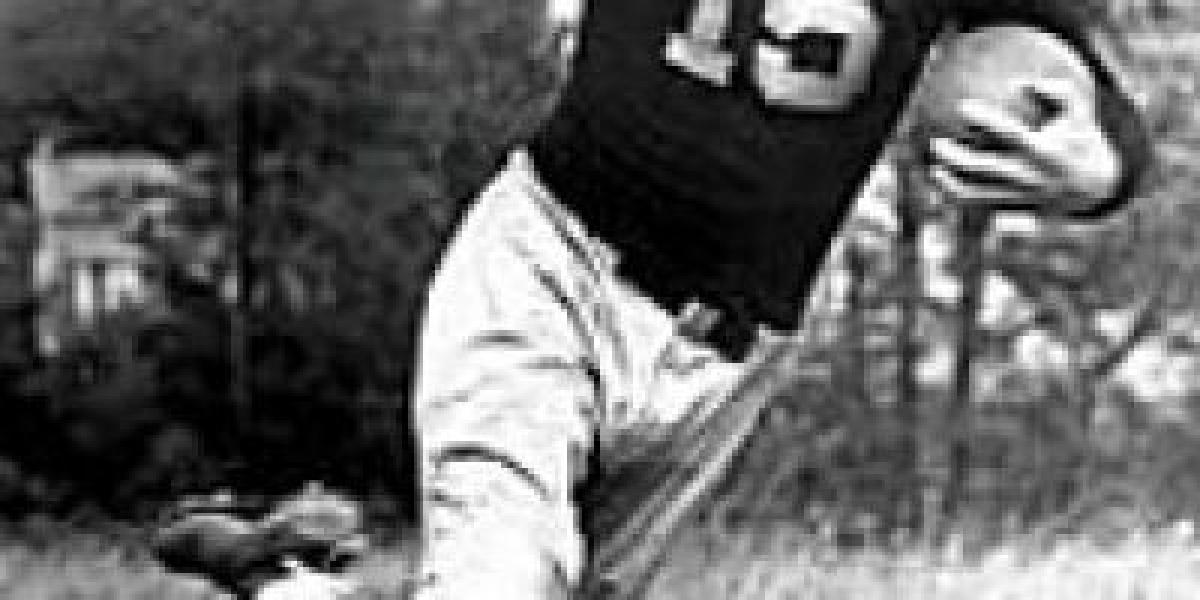Born in 1895, McNally's athletic journey began on the basketball court. Playing for Saint John's University in Minnesota, he earned a reputation for clutch plays, famously sinking a game-winning shot at the buzzer. However, football beckoned, and McNally's speed and elusive running style attracted the attention of teams in the fledgling NFL.
McNally's professional career was a whirlwind of movement. In his first four seasons, he played for four different teams: the Milwaukee Badgers (1925-26), Duluth Eskimos (1927), Pottsville Maroons (1928), Green Bay Packers (1929-33, 1935-36), and Pittsburgh Pirates (1934, 1937-38). Despite the constant change of scenery, McNally consistently impressed. He could run, throw, and catch exceptionally, becoming a fan favorite for his on-field theatrics and infectious personality.
Championship Glory with the Green Bay Packers (1929-1933, 1935-1936)
McNally finally found stability in 1929 when he joined the Green Bay Packers. Here, his versatility perfectly fits Coach Curly Lambeau's innovative offense. McNally's contributions were crucial as the Packers captured three consecutive NFL championships from 1929 to 1931. He formed a formidable offense with Don Hutson, another future Hall of Famer.
A Winding Road and a Coaching Stint (1937-1941)
McNally's later career saw him bounce between teams once again, playing for the Pittsburgh Pirates (later Steelers) and even returning briefly to the Buffalo Tigers in a minor league. He eventually retired as player-coach for the Kenosha Cardinals in a minor league. McNally's coaching stint was short-lived, but it cemented his dedication to the game.
A Legacy of Versatility and Entertainment
Johnny Blood McNally's legacy goes beyond statistics. He was a true "iron man" of the early NFL, playing in an era before the luxuries of modern equipment and training methods. His versatility on the field and his larger-than-life personality made him a fan favorite and a key contributor to the rise of professional football's popularity in the early 20th century. While nomadic stints with various teams dotted his career, his impact on the game, particularly his role in the Green Bay Packers championship runs, is undeniable.




